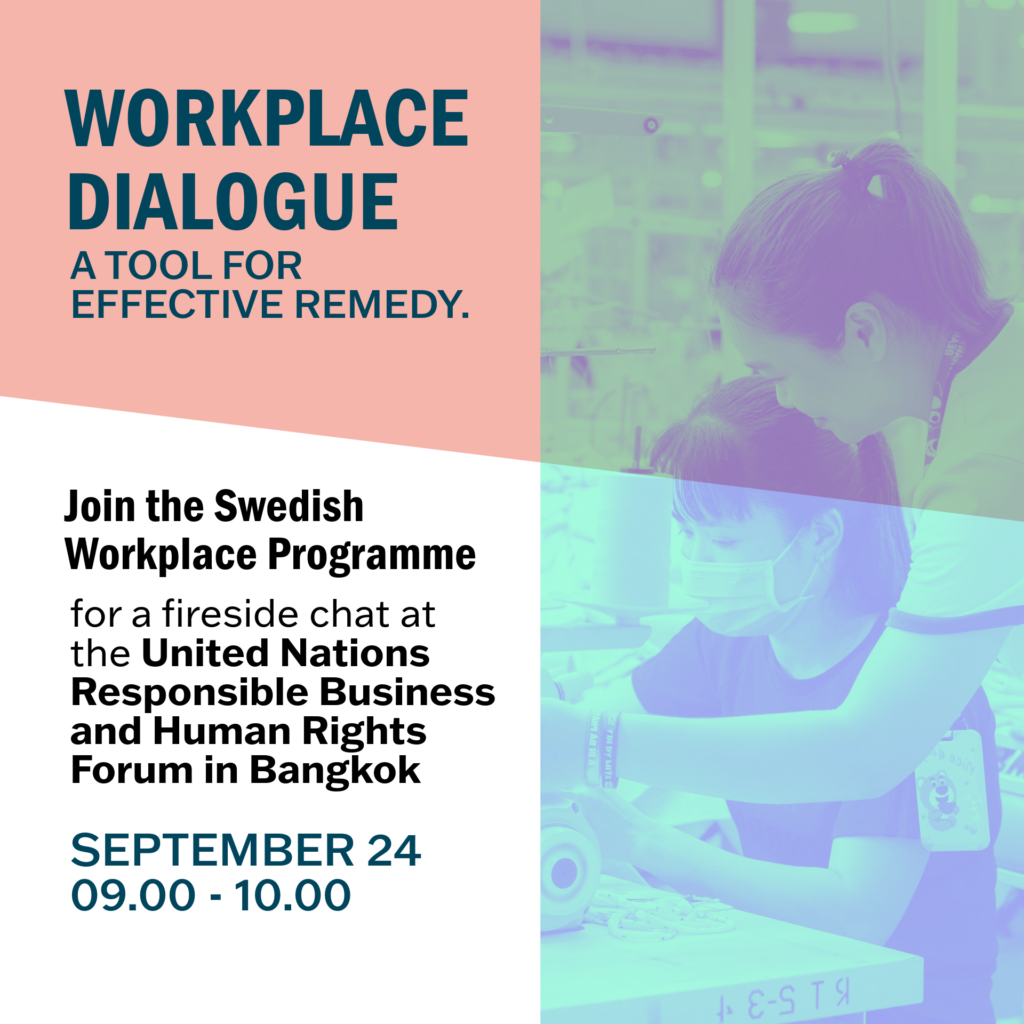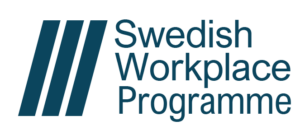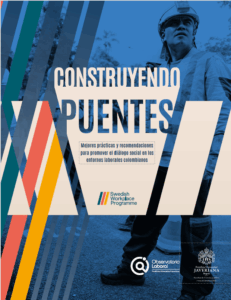SWP is partcipating at the 6th United Nations Responsible Business and Human Rights Forum in Bangkok!
🗓 Date: September 24th
⏰ Time: 9:00 AM (CET+5)
Collaboration between employees and managers can facilitate the identification of human rights abuses in the workplace and mitigate potential risks. And effective remedies are more likely when there’s trust, open communication and collaboration between all parties involved. How do we get there?
For many companies, cooperation is a new way of working implying a change of mindset for both employees and managers. An important first step is to showcase the connection between employee involvement and increased productivity. This unlocks support for change among management and create a employee enagement.
The fireside chat focuses on the practical side of workplace cooperation. How to go from policy to practice. Hear how practitioners and partners of the Swedish Workplace Programme started in Vietnam.
– How do we build effective collaboration between employees and management.
– Can trust and cooperation mitigate risks and provide remedy?
– Practial examples from Vietnam.
📢 Speakers include:
- Kyle Zhao, Seduno Group
- Anastacia Howe, H&M Vietnam
- Heidi Lampinen, IF Metall (Swedish Industrial and Metal Workers Union)
- Hien Nguyen, Swedish Workplace Programm
NOTE! All participants must register through the UN forum site.





